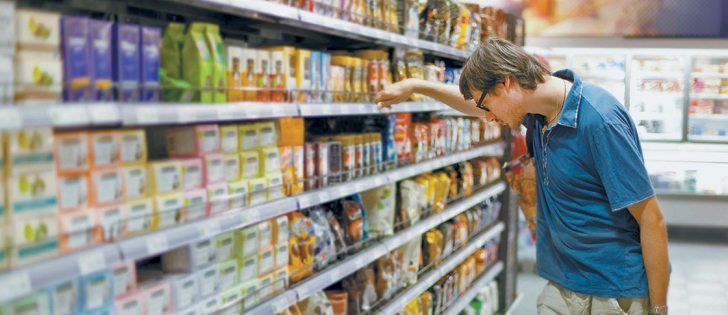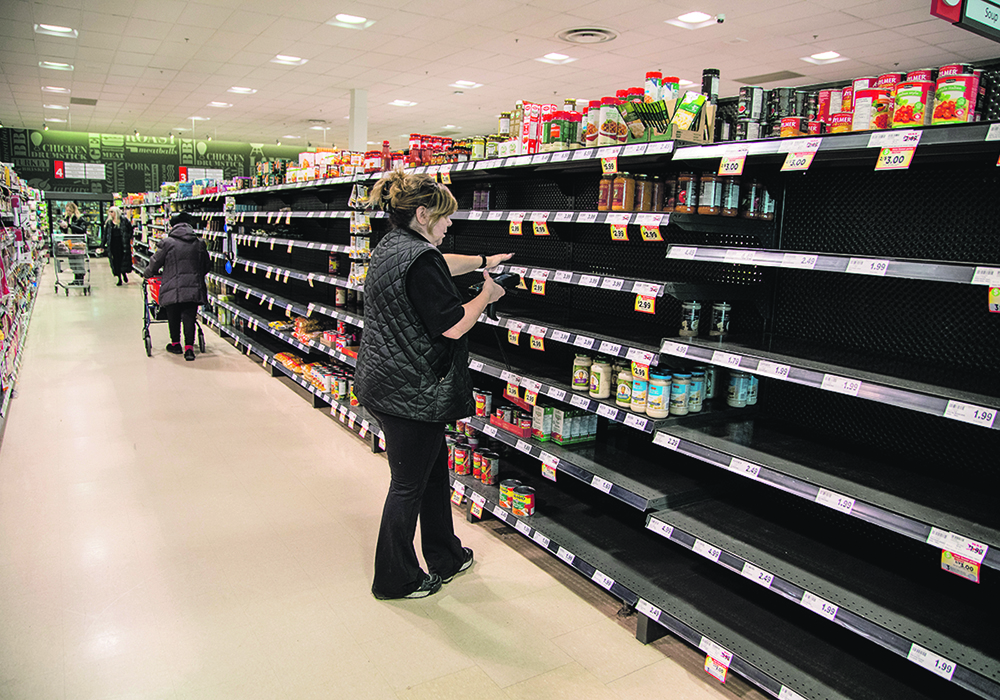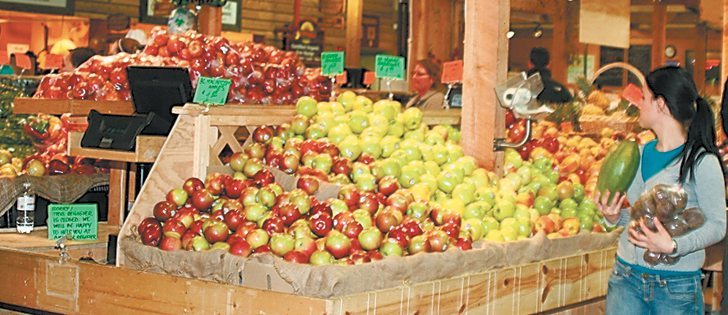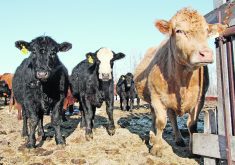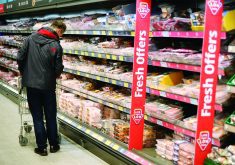Food traceability, which is a powerful tool to mitigate risks across food supply chains, does not guarantee food safety and integrity.
Even so, the challenge of tracking food products and ingredients upstream and downstream touches on the core of what is required to manage risks posed by the new normal in the business of food and agriculture.
The new normal presents a number of fascinating issues to contend with, among them designing comprehensive strategies in the field to effectively cope with climate change and the question of economic trends, subsidies and currency wars, as well as ever changing federal regulations on food packaging, labelling and safety and trade negotiations.
Read Also

High prices see cow-calf producers rushing to incorporate
Farm accountants are reporting a steady stream of cow-calf producers rushing to get their operations incorporated ahead of selling their calves this fall.
None of these factors can ever be controlled by farmers or corporations, insofar as they create tremendous volatility in the marketplace, rendering predictability a rare commodity in decision-making.
The politics of food is also at the forefront of agribusiness and food safety. Food, agriculture and policy have never been mutually exclusive entities, and companies are now compelled to appreciate how one variable can significantly affect another, while worrying about the next quarter.
More consumers are now eating with a conscience, and as such are looking for fair trade product, and organic and locally sourced foods and ingredients. The ethical treatment of animals has also caught the attention of executives in the field. To complicate things further, the global food security agenda is also putting pressure on modern food systems.
The objective of keeping input costs down and profit margins up is no longer enough to deal with these problems. In food production, we have entered the era of sound partnerships, efficient networks and global outreach.
The new normal in food and agriculture will demand more collaboration between stakeholders. Competing businesses will need to share data and costs as well as build strategies set on converging interests. In the end, effective food traceability methods will rely heavily on increased teamwork among former rivals.
Our food safety agenda is affected by all of these shifts. The same can be said of food systems themselves, which are also being fundamentally challenged.
Over the last few years, Canada has had more than 2,700 food safety investigations and more than 250 food recalls per year. Indeed, over the past four years, the number of food recalls has increased by more than 200 percent without taking into consideration the number of unreported incidents. These statistics clearly indicate how different our approach to risk management must be now.
Moving forward, we need to carefully decide how to monitor risk. But what we gain in food surveillance, we may lose in food distribution efficiencies. In other words, more food safety regulations and food traceability may lead to a rise in the price of food.
Until about 2009, we lived in the era of crises in food safety, including BSE, salmonella, botulism, listeria and E. coli. We focused more on managing fears than managing risks. Politics continually trumped economics.
From 2009 to 2012, we witnessed a developing synergy between industry and government, health and agriculture that remains ongoing.
Today, we live at the dawn of the era of accountability in food systems. Given governments’ limited capacity to create new food safety programs, the industry is compelled to become more accountable to the government. But we also need to find ways to make government more accountable to the public. Most importantly, however, we need to make the industry more accountable to itself, which is why food traceability is imperative for the future of global food safety systems.
While the system has solved many aspects of traceability, significant challenges remain to provide cost effective protocols for market assurance and product improvement. Based on economics alone, the time to improve our systems will be set by consumers, and nobody else.
Sylvain Charlebois is associate dean of the College of Management and Economics at the University of Guelph. This column was distributed by Troy Media at www.troy.ca. It has been edited for length.

